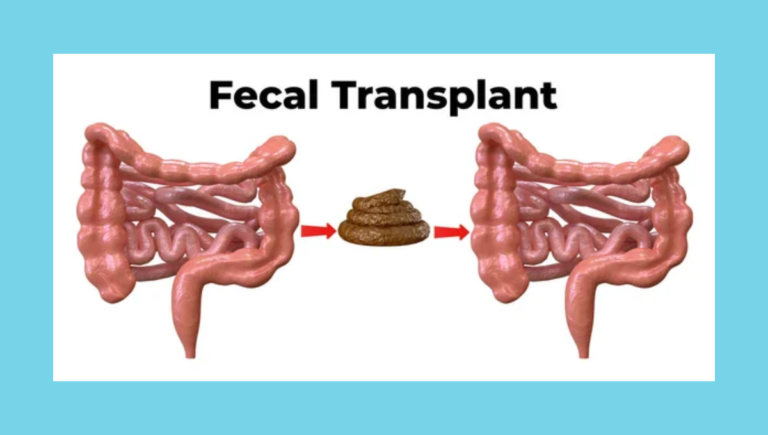Soybeans and Women’s Health – Soybeans provide a variety of nutrients that are beneficial to women’s overall health. Soybeans are essential for women’s health. They can help with menopause symptoms and provide them with vital nutrients.
Soybeans are rich in nutrients
According to USDA, soybeans are a good source of nutrients like protein, fiber and B vitamins. Half-cup of cooked soybeans contains approximately 15 grams protein, 5 grams fiber, as well as significant amounts of folate and magnesium. They also contain significant amounts of thiamine and riboflavin. These nutrients are especially important for women’s health. They support energy levels, hormonal balance and overall vitality.
Menopause symptoms and soy consumption
Recent studies have shown that soy consumption can be beneficial for women who are experiencing symptoms of menopause. Soy foods are known to reduce menopausal symptom, such as hot flushes. This improves the quality of life and overall health for women who are going through this transition. Soy’s phytonutrients help reduce inflammation, improve cardiovascular, nerve and muscle function and contribute to a better quality of life for women going through menopause.
Also Read: Hot flashes during period in 20s: Causes, Treatment
History of the soybean
The history of soybeans is rich, especially in Asian cultures. They have been a staple for centuries. Since their cultivation began in China, soybeans played an important role in agriculture and human nutrition. Understanding the history of soybeans can provide insight into their longevity and relevance in modern diets.
Uses of Soybeans in Culinary Practices
Soybeans are a versatile food source, with a variety of options ranging from tempeh and tofu to edamame and natto. Understanding soy foods, their uses and the nutritional benefits they provide can help women to incorporate them into their diets.
Soy foods are available in many different types
Soy products are a wide range of products with different characteristics and uses. Tofu is versatile and comes in different textures, such as silken or firm, which makes it suitable for a variety of cooking methods. Tempeh can be substituted for meat in many dishes because of its nutty taste. Natto is a fermented soy bean dish that has a pungent taste and a sticky texture. Edamame are young, green soybeans and make a delicious and nutritious snack.
Tofu, tempeh, natto, and edamame are used in many different ways.
Tofu is versatile and can be used to add plant-based proteins into many different meals. It can be grilled or sauteed. You can also use it in smoothies and soups. Tempeh is a crumbly, high-protein food that can be used as a meat alternative or a snack. Natto is a delicious condiment that tastes great with rice, soy sauce and other ingredients. It also contains beneficial probiotics. Edamame is a nutritious and convenient snack, whether it’s served in its shell or the pod.
Taste and cooking method of soy products
Soy products can be adapted to many different recipes because they have subtle flavors. They also take on the taste of the ingredients that are used in the cooking process. Soy-based products are a great addition to savory and sweet dishes. They can be used in a variety of culinary styles. Understanding the taste of soy products and the cooking methods can help women explore new culinary possibilities, and reap the benefits that soy has to offer.
Health Effects of Soy Consumption in Women
Soy consumption has been linked to a variety of health effects in women. These range from its potential benefits for reducing breast-cancer risk, to its impact on the kidneys. Understanding these effects will help women make informed choices about how to incorporate soy in their diets and manage their overall health.
Breast cancer: Impact on risk
Contrary to earlier concerns, research shows that soy consumption doesn’t increase breast cancer risk. Some studies suggest that soy consumption may reduce the risk of breast cancer. After a breast cancer diagnosis, soy consumption may reduce the risk of cancer return and help in survival. This indicates that soy has potential protective effects for breast health.









+ There are no comments
Add yours